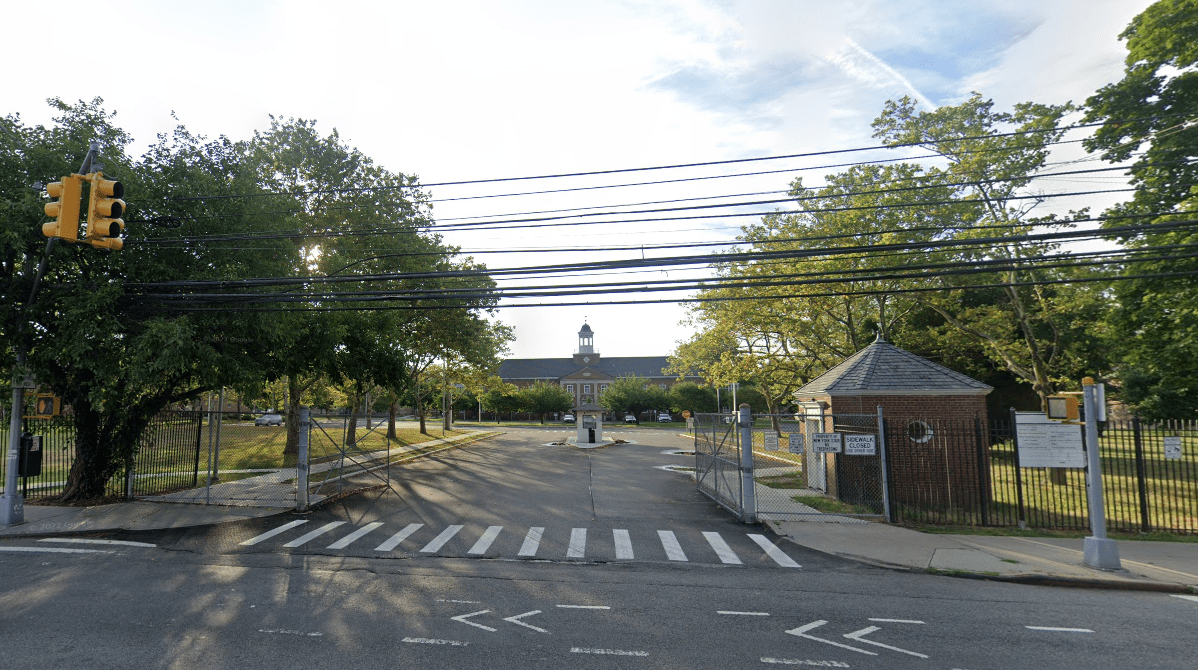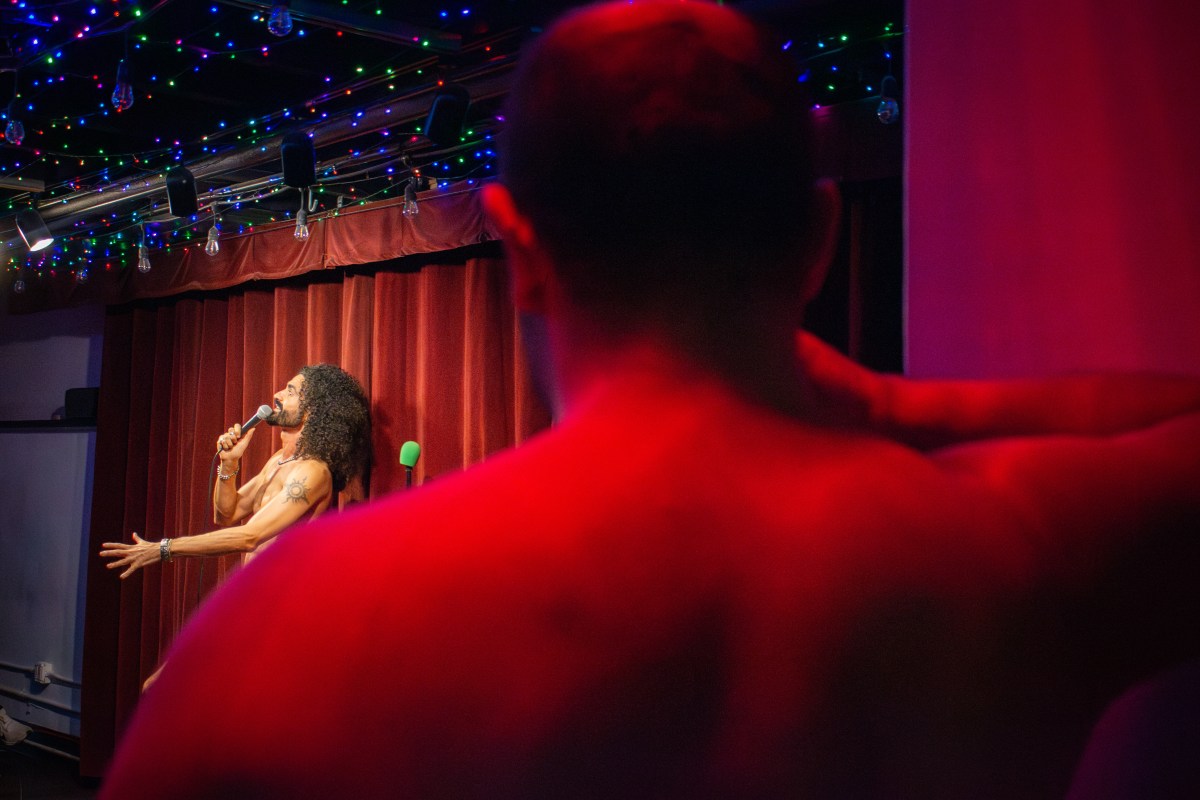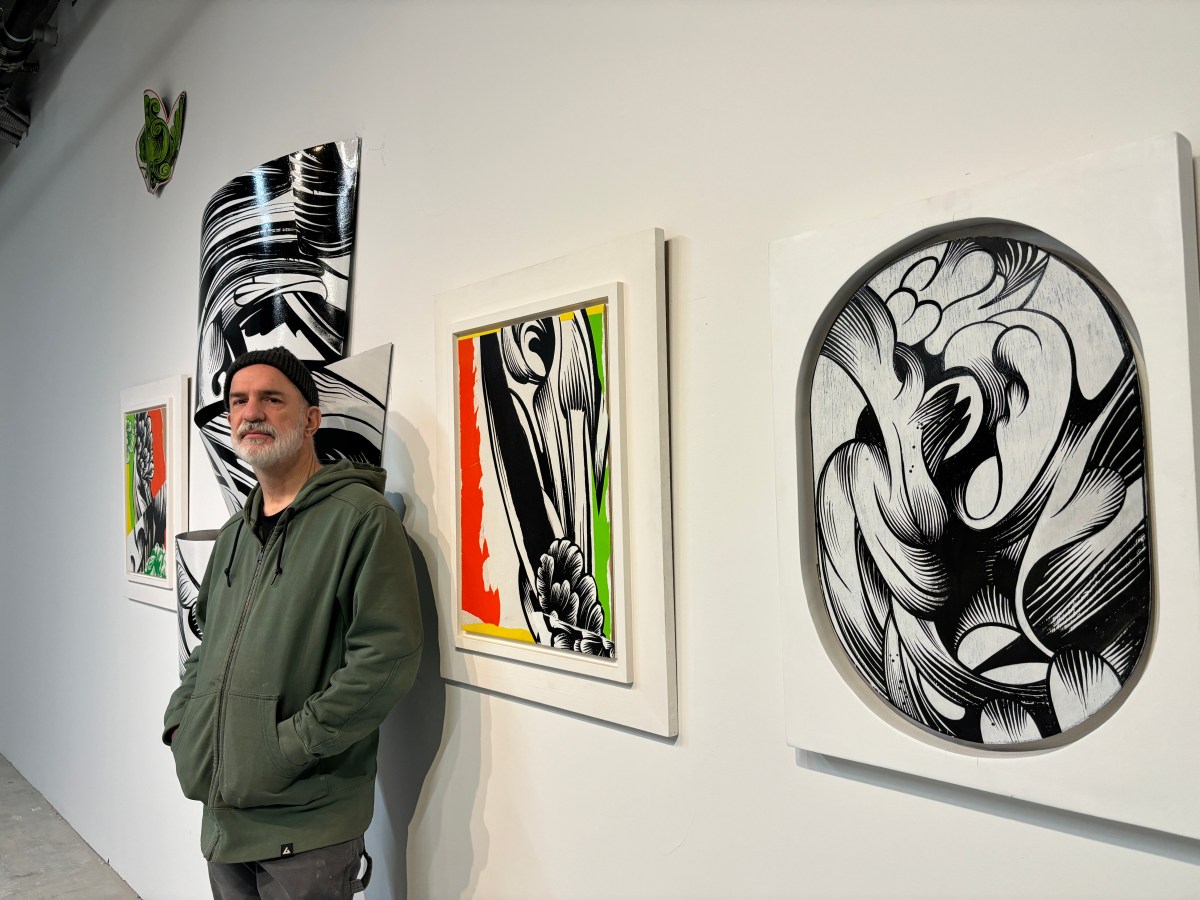Two and a half million people in Paris. One and a half million in Houston. Three and a half million in Moscow. French electronic composer and songwriter Jean-Michel Jarre has performed for many of the largest crowds in music history.
But for all of his record-breaking concerts and worldwide fame, it’s taken more than four decades for Jarre to embark on a North American tour (the Houston show was a one-off, in celebration of NASA’s 25th anniversary in 1986).
Only now, after his recent dance-music friendly pair of albums (“Electronica” vols. 1 and 2) has he set out across America and Canada, bringing his massive synthesizer setup and 3D visual illusions to clubs and theaters.
amNewYork caught up with Jarre in advance of the tour to talk electronic music, both on record and in person.
You’ve been active in five different decades. Why wait until now to tour North America?
[In electronic music] you have to be very perfectionist for the quality of the sound. In rock, the messy sound is almost part of the DNA. This is the reason why — in the early ’80s, it was almost impossible. It was the reason I went outdoor, and why I didn’t want to take the risk of going on tour. It’s only been in the last 10 years that technology has allowed me to do what I’d want to share with the audience.
There’s a lot of moving parts to your music. How does that replicate live?
It’s between a rock band and a DJ approach. I like doing electronic music without a USB key, but with live equipment. So we have 40 to 50 synthesizers on stage, from analog to the iPad, and even some new devices which we’ve created for this tour — a transparent touch screen, like in “Minority Report.” It’s lots of fun to play.
In the 1970s, rock was the dominant genre. Today, most pop songs seems to have at least flourishes of what we’d associate with “electronic” music. Did electronic music win the war?
When I started in electronic music, I was convinced that it would be the music of the 21st century. It was not really the idea of winning a battle; when I started, the establishment of classical and the establishment of rock considered electronic music as nothing. It’s a kind of reactionary attitude in music, that generation after generation has a contemptuous attitude toward the next thing. At the beginning of jazz, classical music said, “What is this?” At the beginning of rock, the jazz musicians said, “Rock is nothing.” Today, electronic music has no boundaries, it is everywhere, and the big revolution of electronic music is that it’s not a genre of music itself — it’s a new way of composition, production and even distribution these days. It’s the way we’re listening — all of this is electronic.
IF YOU GO: Jean-Michel Jarre performs at Radio City Music Hall on May 20 at 8 p.m., $56-$176, 1260 Sixth Ave., radiocity.com
































